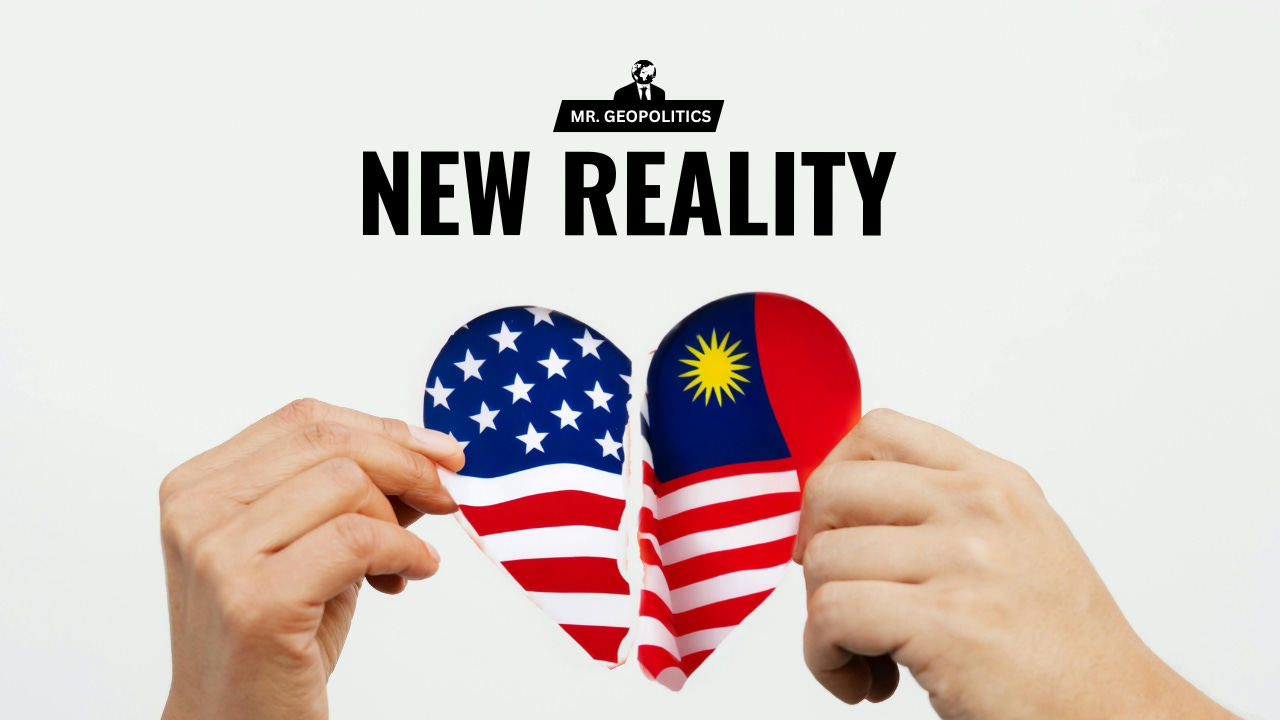Are Trump's Deals Collapsing?
The era of dealbreaking has begun
The summer romance is giving way to winter anger. The deals US President Donald Trump signed and lauded seem to be breaking down in quick succession. This is not so much about the US President as it is about the fragile geopolitical climate and what is actually possible.
Asia Unravels
In the span of days, Trump’s Asia strategy, once hailed as a breakthrough, is coming apart at the seams. Almost simultaneously, the following has occurred:
Tensions are flaring in Malaysia’s parliament over the recently inked US-Malaysia deal, which forces Kuala Lumpur to mimic US sanctions and trade moves worldwide. There are growing demands for Malaysia’s prime minister to resign over the deal, dubbed an “act of surrender.” Now, the Malaysian trade minister, Tengku Zafrul Aziz, has said his nation is not obligated to emulate US actions, throwing cold water on the most critical part of the deal.
The Trump-brokered ceasefire between Cambodia and Thailand has completely broken down after a landmine exploded on the border, and Bangkok suspended the agreement. There have been fresh clashes between soldiers on the border, threatening a second round of fighting in Southeast Asia.
After visiting South Korea for the APEC Summit and signing a $350 billion trade deal with Seoul, Trump’s agreement with the Asian ally is in the air. Two weeks after announcing the tie-ups, there has been no formal agreement released on paper as tensions over submarines persist. In tandem, parsing through the new US-Australia agreement, the very last part (Section II, Part 4), says that it is more of a policy outline, as it does not “constitute or create rights or obligations under domestic or international law.”
Surrounding all of this, the back-to-back bomb blasts in India and Pakistan, reigniting South Asian friction and jeopardizing the post-May stability that Trump has taken credit for (and that Indian Prime Minister Narendra Modi has flatly rejected as being instrumental to pausing the fighting).
Geopolitical Limits
All of these developments point to a single question: Are President Trump’s deals breaking down? And, if so, why?
The reality is, this has nothing to do with Trump and everything to do with geopolitics today. Two words define the global landscape more than any others: unpredictability and uncertainty. And, due to the new reactivity of nations and the global fog that few can see through, deals and agreements no longer have a permanent, lasting effect—regardless of who signs them (i.e., the US, China, EU). No government should expect agreements to last as they once did because the environment is shifting too fast.
The biggest shift: countries are more driven today by their regional and national pressures than by the global desires or rules. Thailand did not hesitate to suspend the ceasefire and risk angering America. A decade ago, governments would have swallowed their pride to please the US.
New Volatility
All of this means that new volatility could be on the horizon.
If Malaysian politics forces a rethink of the US-Malaysia deal, Trump could respond with tariffs, which could be as high as 100%.
Lack of progress in a US-South Korea deal threatens new security threats for Seoul (like America not defending South Korea) and could ricochet elsewhere in North Asia, particularly in Japan, where the new Japanese prime minister, Sanae Takaichi, has warned there is no renegotiating the $550 billion deal signed by the US and Japan.
US Shakes, China Surges
Very quickly, the US could shift from progress to pushback and regression. This comes with two big shockwaves.
First, many will pour cold water on the next deals the US signs. If Trump brokers a new ceasefire between Thailand and Cambodia, few will have confidence it will last after the first one fell apart within months. The next economic agreements the US signs might be viewed with skepticism, as governments threaten to refute key clauses and conditions.
Second, China reaps huge rewards. Many of these deals changed the wiring of Asia and other regions, and edged out Beijing. The US-Malaysia deal in particular was a wake-up call for China that its huge capital injections were not enough to keep nations in its corner. But if these deals break down, China will undoubtedly pick up what America drops. Where the US imposes tariffs, China will propose tie-ups and trade deals.
DIGGING DEEPER
None of this bodes well for the US and its global footprint.
Dig a little deeper, and all of this gives way to the most pressing question yet. If all of these deals can fall through, then what about the US-China agreement? Even before the other agreements cracked, I warned that the US-China would be back to fighting in the short term. What is taking place across Asia only reinforces this. The US-China deal is the next domino to fall.
The spotlight is now back on the US President and what he does to save or sacrifice deals he has lauded so much. But this is no longer just about flashpoints reigniting or trade agreements breaking down. More volatility and friction could force America to play hardball on another level. Without these deals intact, Trump may collide with the global economy, raising the heat on everybody.
The era of dealmaking is over. The era of dealbreaking has begun.
-ABISHUR PRAKASH AKA. MR. GEOPOLITICS
Mr. Geopolitics is the property of Abishur Prakash/The Geopolitical Business, Inc., and is protected under Canadian Copyright Law. This includes, but is not limited to: ideas, perspectives, expressions, concepts, etc. Any use of the insights, including sharing or interpretation, partly or wholly, requires explicit written permission.







